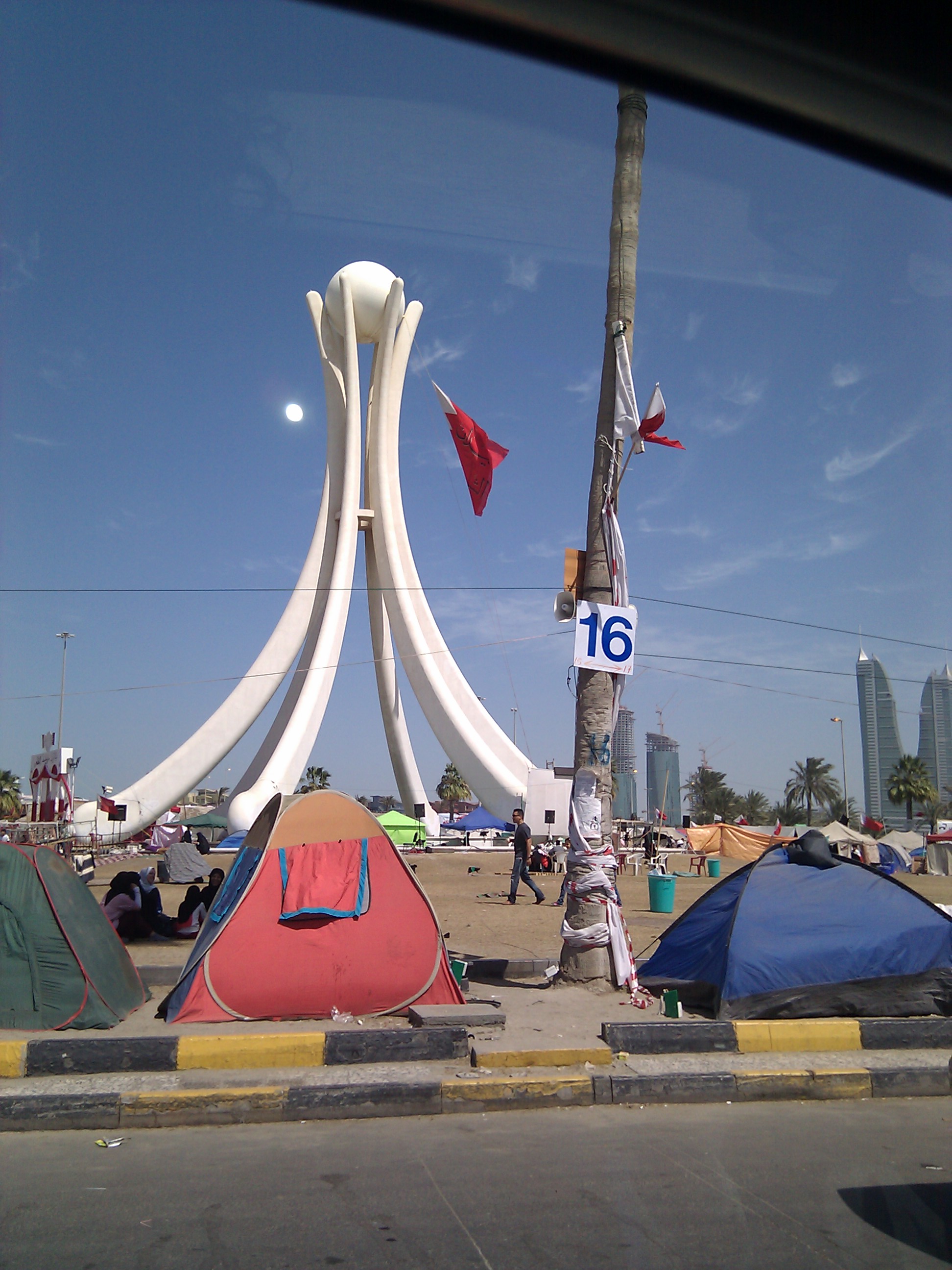The Bahrain Uprising began in 2011
with the rest of the Arab world taking part in the Arab Spring. Bahrain
citizens have organized about every month to claim rights for Shia Muslim
citizens.
In Bahrain, Islam is the religion
of nearly every citizen. The ruling government is Sunni while the population is
mostly Shia. The Shia majority was not allowed high positions in government and
related high-level job positions. The protests began to allow Shia citizens to
have more job mobility.
Peaceful and Violent
The protests in Bahrain started
peacefully. I was on one of Bahrain’s main highway as I accidentally emerged on
a street parallel with thousands of protesting Bahrainis. The men were all in
the front with their young kids on their shoulders while all the women were in
the rear of the parade of people. They appeared to be going to a giant family
picnic rather than wave their red and white flags in protest.
These protests occurred nearly
every month in the first year. They remained peaceful for a short time, but
then anger had its way bringing violence to the protests. Some protestors set
tires ablaze and threatened the safety of everyone by putting these in the
road. Gunshots could occasionally be heard and explosives were used. Shia and
Sunni citizens no longer felt as safe in Bahrain.
External Intervention
Because Bahrain has such a large
majority of Shia Muslims, they hired foreign policemen who would not have
emotional ties with the “assailants.” The uprising led to such a level that the
surrounding nations sent forces to deal with the violent protestors.
The Arab Peninsula has a defense
force composed of most of the nations of the peninsula. The Peninsula Shield
Force sent forces into Bahrain to handle protestors.
I remember seeing caravans of black
and blue armored cars driving across the highways into Bahrain. These vehicles
came equipped with tear gas launchers and many policemen armed with shotguns.
The Pearl Roundabout
The main gathering point for all of
the protestors was the Pearl Roundabout. I say was because it is no longer
around. The Shield Force thought the best way to stop a protest would be to
plow down a national monument that was erected in celebration of unity among
the Arab states for the Gulf Cooperation Council. The roundabout was destroyed
by the very nations the Pearl Roundabout was built for.
The King’s Response
What did the king of Bahrain do when
the protests began? Well, he changed the picture of himself that you can see
when you enter Bahrain from him simply smiling in front of a Bahrain flag to
him waving a Bahrain flag in front of the thousands of protestors. He appears
as the leader of the whole protest, but whom were they all protesting against?
The king himself! So does this mean that he supports his people even when they
protest against him?
Should Bahrain continue protesting? When should a revolution just end? Post your thoughts below in the comments.
Should Bahrain continue protesting? When should a revolution just end? Post your thoughts below in the comments.
.jpg)

No comments:
Post a Comment